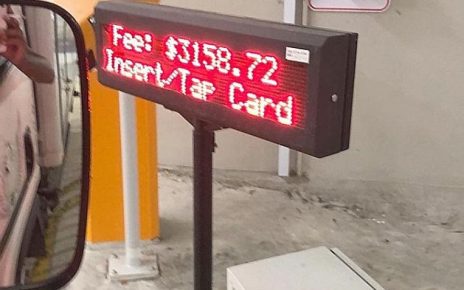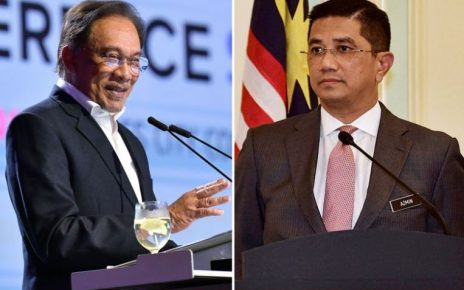LONDON • Police have identified the man who stabbed two people to death and wounded three others in London on Friday as a former terror convict released from prison early.
This has prompted the government to vow to look into how sentences are dealt with, and sparked fresh recriminations ahead of the general election.
, 28, had been out of jail “on licence” since last December, which meant he had to meet certain conditions or face recall to prison.
He was attending a prisoner rehabilitation conference when he launched the attack just metres from the site of a deadly 2017 van and knife rampage on London Bridge.
Britain’s top counter-terrrorism officer Neil Basu said: “This individual was known to the authorities, having been convicted in 2012 for terrorism offences. Clearly, a key line of inquiry now is to establish how he came to carry out this attack.”
Police believe the knife attack started inside Fishmongers’ Hall, where Khan was attending the conference, and continued onto the bridge, where he was tackled to the ground by members of the public and then shot dead by police.
Assistant Commissioner Basu said the suspect appeared to be wearing a bomb vest, but it turned out to be “a hoax explosive device”.
Police are treating the stabbings as a terrorist attack and are not actively looking for other suspects.
One of the two victims stabbed to death was yesterday named as University of Cambridge graduate Jack Merritt.
Mr Merritt, 25, who worked at the University of Cambridge’s criminology department, was a course coordinator for Learning Together, a prisoners’ rehabilitation programme that was hosting the conference at Fishmongers’ Hall at the north end of London Bridge.
Police said a woman was also killed in the attack.
Security officials last month had downgraded Britain’s terrorism threat level from “severe” to “substantial”, which means an attack is seen as “likely” rather than “highly likely”.
The attack raises difficult questions for Britain’s government and security services.
Security Minister Brandon Lewis yesterday said the government would check whether sentences were being dealt with “in a proper way”. “After any incident like this, there has to be, and always is, a full review and lessons-learnt exercise taken forward,” he told BBC Radio.
Prime Minister Boris Johnson said he had “long argued” that it was a “mistake to allow serious and violent criminals to come out of prison early”. He added: “It is very important that we get out of that habit and that we enforce the appropriate sentences for dangerous criminals, especially for terrorists.”
UK-born Khan had been convicted as part of a group that had been plotting to attack major sites such as Parliament and the US Embassy, and individuals including Mr Johnson, then Mayor of London, the dean of St Paul’s Cathedral in London and two rabbis.
Britain’s Parole Board said in a statement that it had no role in releasing Khan, who “appears to have been released automatically on licence (as required by law), without ever being referred to the board”.

Queen Elizabeth sent her sympathies to those affected by the attack, saying: “I have been saddened to hear of the terror attacks at London Bridge. We send our thoughts, prayers and deepest sympathies to all those who have lost loved ones and who have been affected by yesterday’s terrible violence.”
The violence erupted less than two weeks before Britain holds a national election on Dec 12.
The main political parties suspended campaigning in London as a mark of respect, but the attack has already provided fresh fodder for the opposition Labour Party, which yesterday criticised the government’s record on crime.
Mr Johnson is looking to limit the fallout. Speaking to reporters on Friday evening, he highlighted his election pledge to hire extra police officers.
AGENCE FRANCE-PRESSE, BLOOMBERG, ASSOCIATED PRESS



